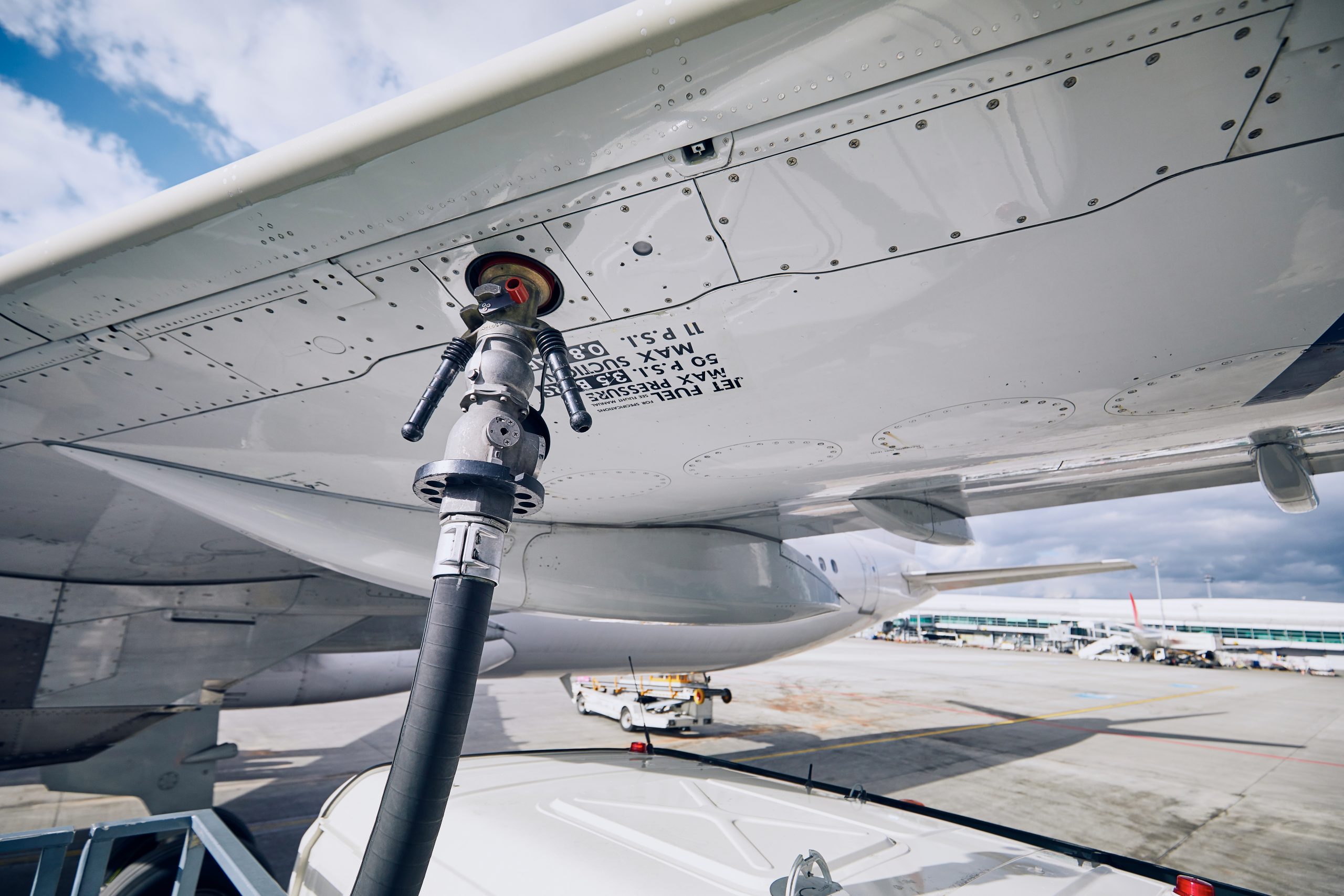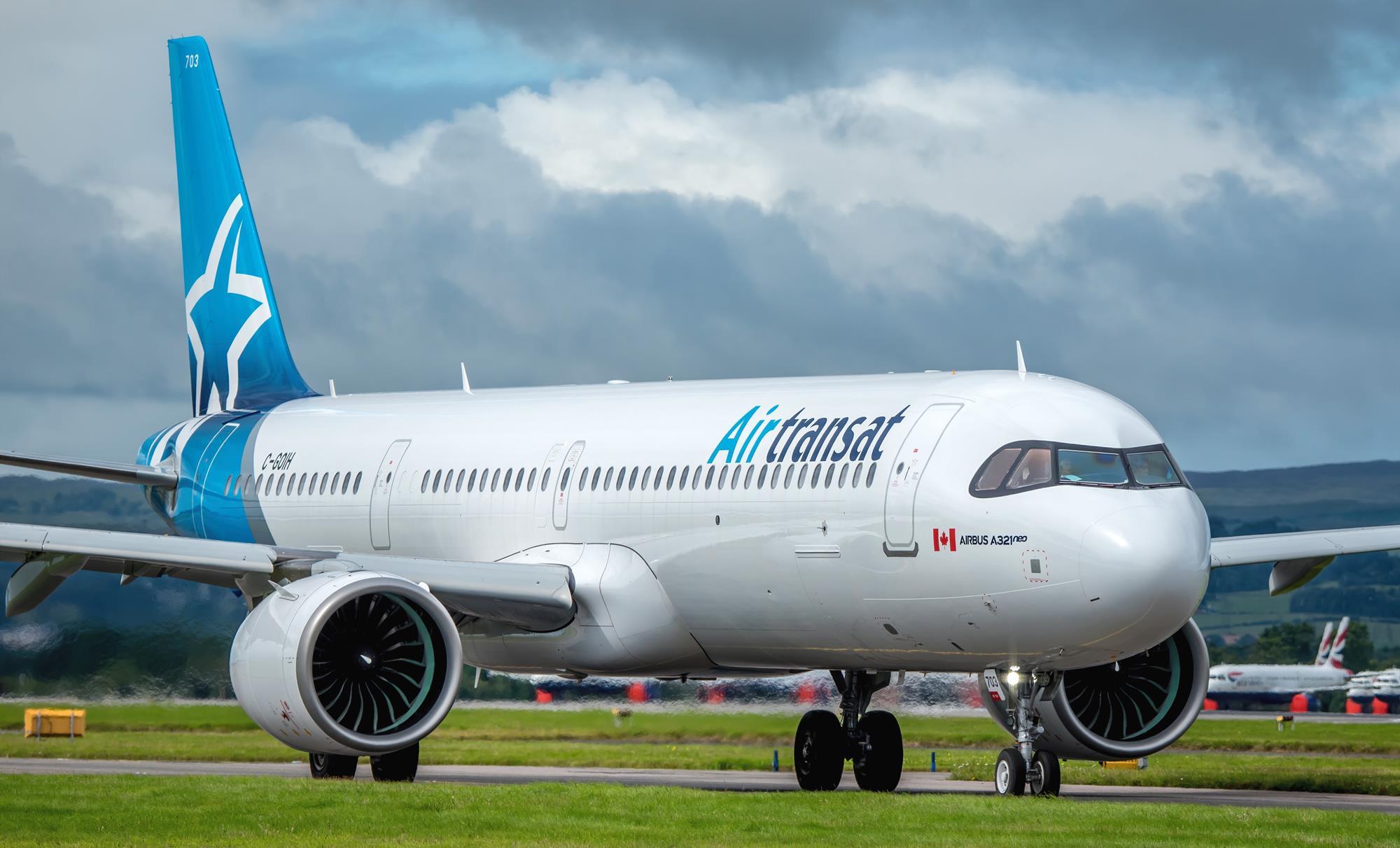
Vancouver, BC, Dec. 10, 2024 /CNW/ – Parkland continues to make significant strides in the sustainable energy sector, announcing the successful production of Canada’s first batch of low carbon aviation fuel at the Burnaby Refinery. Supported by the Government of British Columbia, this landmark achievement marks a pivotal step in reducing aviation sector emissions and fostering economic growth while supporting British Columbia’s and Canada’s low-carbon ambitions.
Leadership and Innovation At the Forefront
Ferio Pugliese, Senior Vice President at Parkland, expressed enthusiasm for this breakthrough: “Parkland is thrilled to demonstrate its leadership and proven expertise at the Burnaby Refinery by becoming the first company to produce low carbon aviation fuel in Canada.” He emphasized the collaborative efforts of Parkland’s team, the visionary leadership of the Government of British Columbia, and Air Canada’s commitment to sustainable aviation.
Production Details and Collaborative Efforts
Using existing infrastructure, the Burnaby Refinery has produced approximately 101,000 litres of low carbon aviation fuel. The fuel utilizes non-food grade canola and tallow as core feedstocks. With proper certification across the entire supply chain, low carbon aviation fuel (LCAF) could be classified as sustainable aviation fuel (SAF). Notably, this innovative batch has been purchased by Air Canada.
Adrian Dix, the Minister of Energy and Climate Solutions, applauded Parkland’s initiative aligning with governmental climate goals: “British Columbia leads the way in incentivizing innovation to reduce emissions across many sectors, and Parkland has proven to be an outstanding partner and role model for biofuel producers.”
Implications for the Aviation Industry
Michael Rousseau, President and CEO of Air Canada, highlighted the significance of this milestone: “This represents our first commercial purchase of Canadian produced low carbon aviation fuel.” He further emphasized that Parkland’s accomplishment is essential in creating a domestic supply of the fuel, shifting from dependency on international imports.
Air Canada’s plan to mitigate its greenhouse gas emissions includes embracing LCAF and SAF as crucial components of its strategy to enhance environmental sustainability. The company encourages governmental support for developing a competitive low carbon aviation fuel industry within Canada.
Supporting Canada’s Net-Zero Targets
Low carbon aviation fuel has significantly lower lifecycle greenhouse gas emissions compared to conventional jet fuel and can be utilized in existing aircraft without requiring modifications. Parkland’s initiative is a critical component in advancing Canada’s 2050 net-zero targets, supported by incentives and ongoing government support.
For more insightful articles, visit Scudrunners.com



